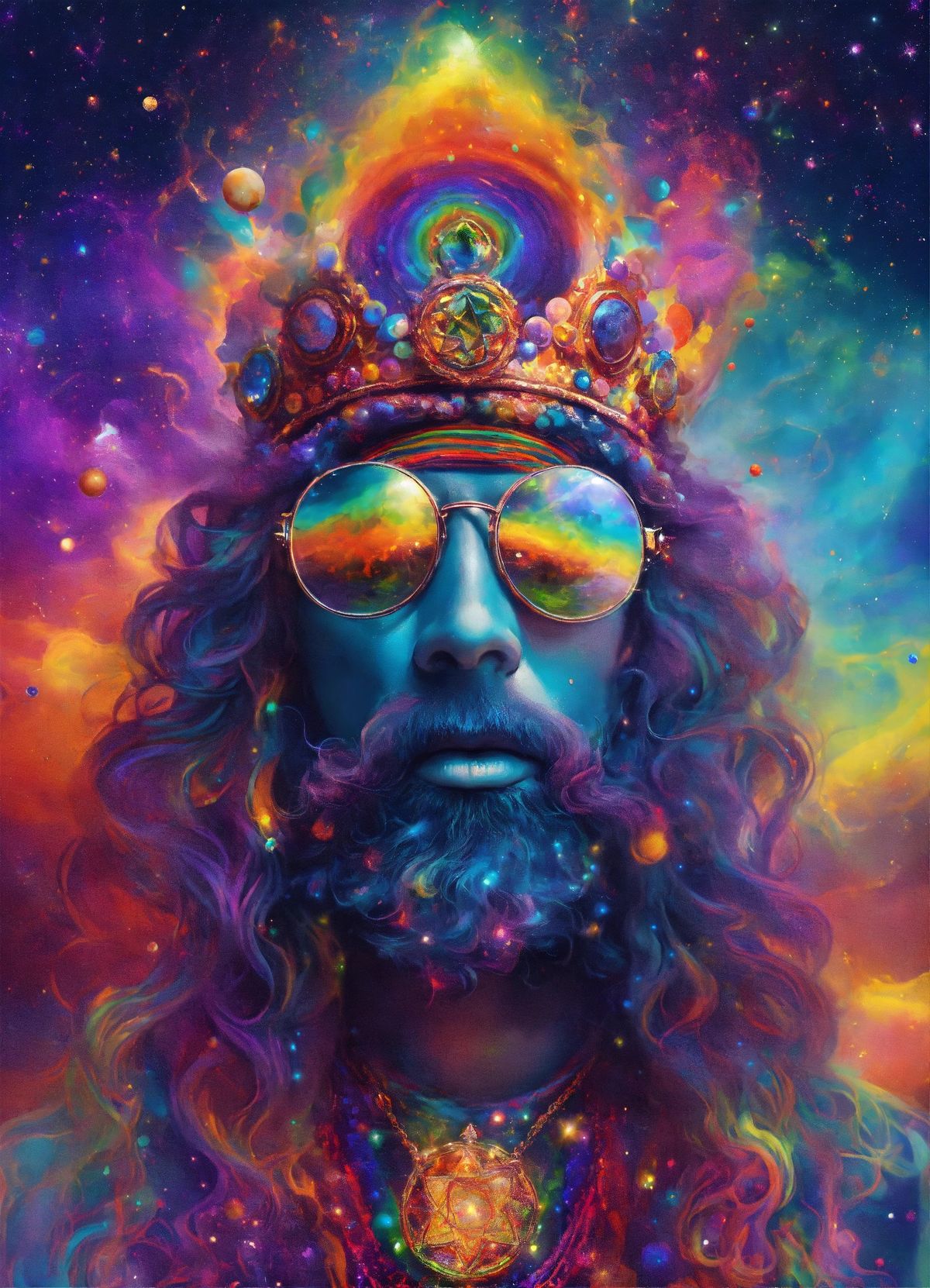Create your own GPTs and start earning from the OpenAI GPT Store
Imagine, a turbocharged GPT-4, slashed prices for developers, and the revelation that ChatGPT has now seduced a staggering 100 million users into its digital embrace.

A year ago, OpenAI thrust ChatGPT into the limelight, an AI marvel that seemed capable of anything. Fast forward to today, and the game has changed. Brace yourselves, as OpenAI is democratizing the creation of ChatGPT's alter egos, inviting subscribers to dance with the infinite possibilities of customized AI agents through their dazzling GPT platform.
I had the privilege of witnessing the grand reveal at OpenAI's DevDay, a groundbreaking developer conference that sent shockwaves through San Francisco online. Imagine, a turbocharged GPT-4, slashed prices for developers, and the revelation that ChatGPT has now seduced a staggering 100 million users into its digital embrace. But that's not all; the pièce de résistance is the birth of a brave new world—the GPT Store.
OpenAI, in its mysterious glory, is unveiling a realm where custom AI agents, affectionately called GPTs, will soon be up for grabs. Picture an AI supermarket where you, the creator, reign supreme.
While details about the store are shrouded in secrecy, one promise gleams in the twilight—it's a marketplace where creators shall reap the rewards based on the popularity of their brainchildren. A revolution is unfolding, and it's one where code is not the gatekeeper.
The star of the show, the GPT, will not only be at the fingertips of ChatGPT Plus subscribers but also extend its digital tendrils to OpenAI enterprise customers, unlocking doors to internal GPTs tailored for their exclusive use.
I couldn't help but be enthralled by the unveiling of custom GPTs during my DevDay escapade.
Witnessing a bot, aptly named the "Creative Writing Coach," scrutinizing a PDF with an artistic flair, or an impromptu GPT, "Event Navigator," gracefully waltzing through the conference schedule, left me in awe.
OpenAI's interface is the magician's wand, letting creators choreograph their GPTs' interactions with precision. The power to grant web-browsing prowess, integrate DALL-E's creative touch, and harness the Code Interpreter tool for software sorcery, all lie at the fingertips of these AI maestros.
Actions, another show-stopping feature, allows GPTs to tap into external services. Picture this: GPTs mingling with Canva and Zapier, dipping their toes into email archives, databases, and beyond. OpenAI has orchestrated a symphony where the only limit is the creator's imagination.
Yet, OpenAI wants to be more than just a puppeteer for AI personas. In the arena of AI bot platforms, it locks horns with the likes of Character.AI and Meta, yet stands tall, emphasizing utility over mimicry. The focus is on GPTs as versatile tools, not mere replicas of human interactions, though the allure of crafting human-like personas is not forbidden.
As the plot thickens, concerns arise about privacy. Creators won't eavesdrop on the symphony of conversations GPTs conduct, and the curtain veils high-level usage data. OpenAI assures vigilance against fraud, hate speech, and "adult themes," promising to enforce a gatekeeping measure as the GPT Store unfurls its grand entrance.
This isn't just about coding marvels; it's a dance toward a future where AI superintelligence, or AGI, looms on the horizon.
By restricting access to paid subscribers, OpenAI aims not only to push the boundaries of innovation but to elevate its financial trajectory, eyeing a valuation that flirts with the astronomical figure of $90 billion.
Welcome to the mind-bending world of GPTs—a journey where imagination knows no bounds, and the quantum realm of AI beckons us into a dazzling future.




